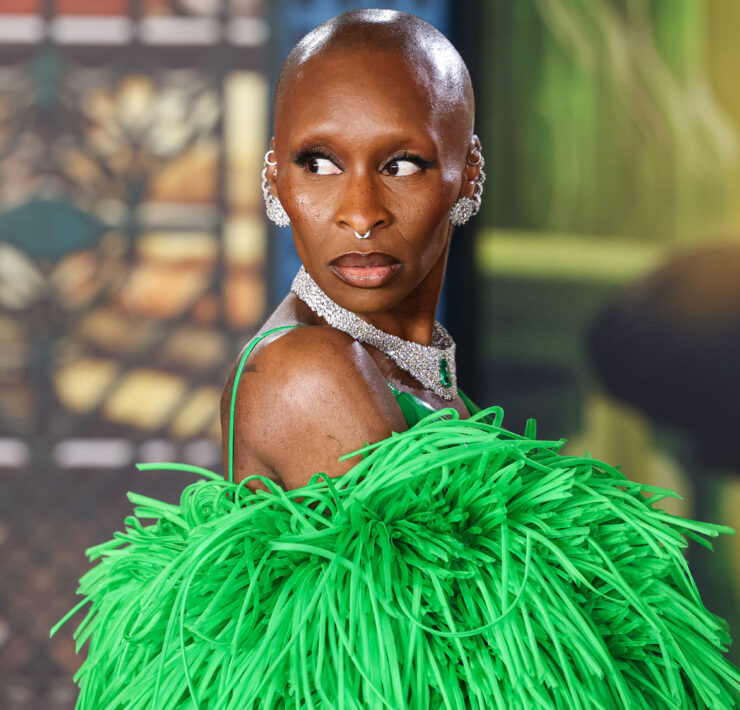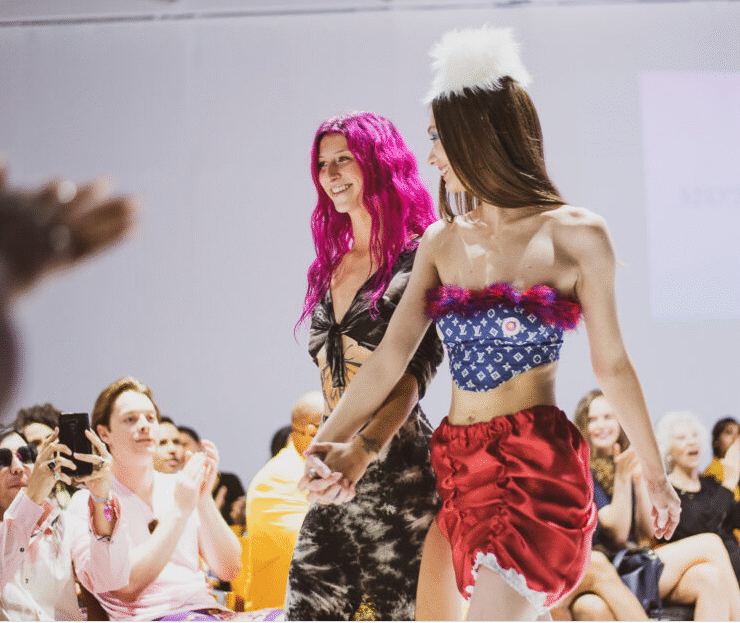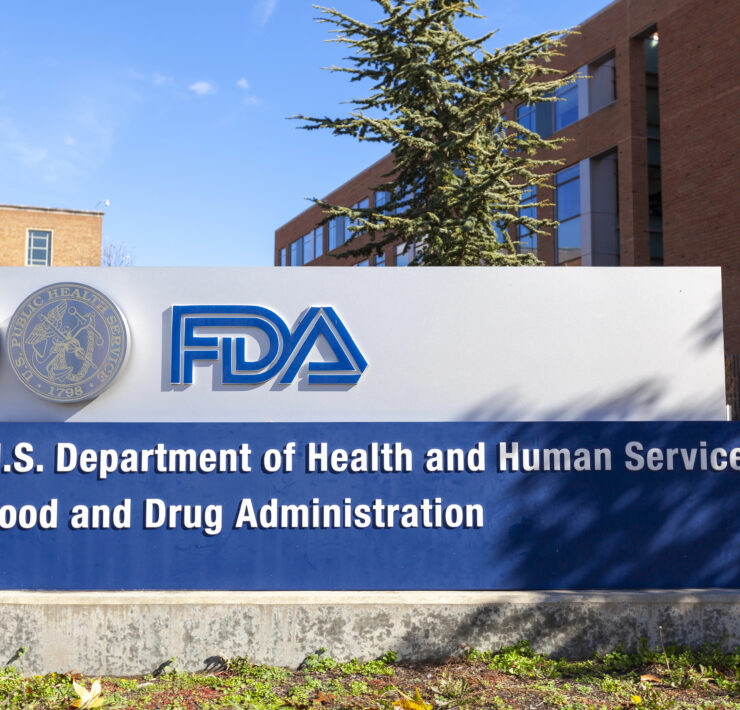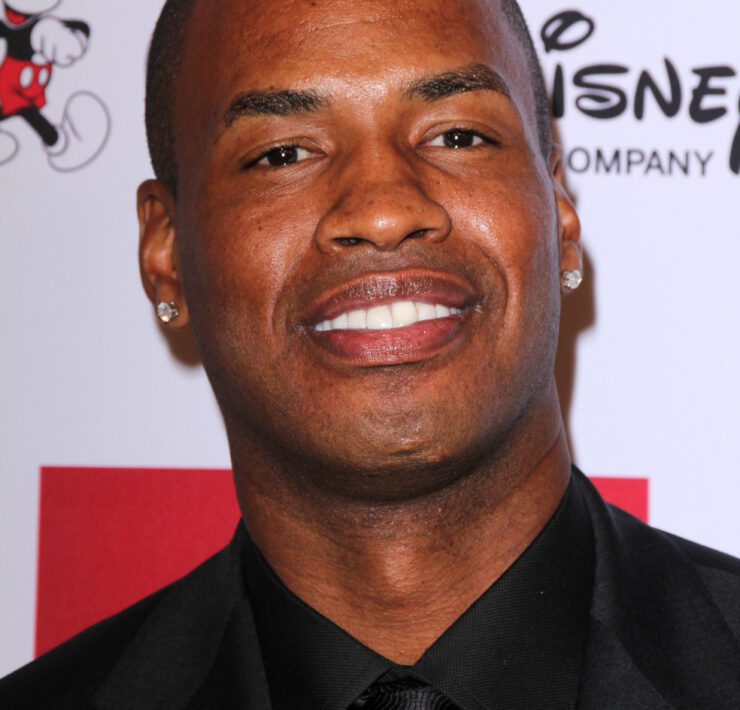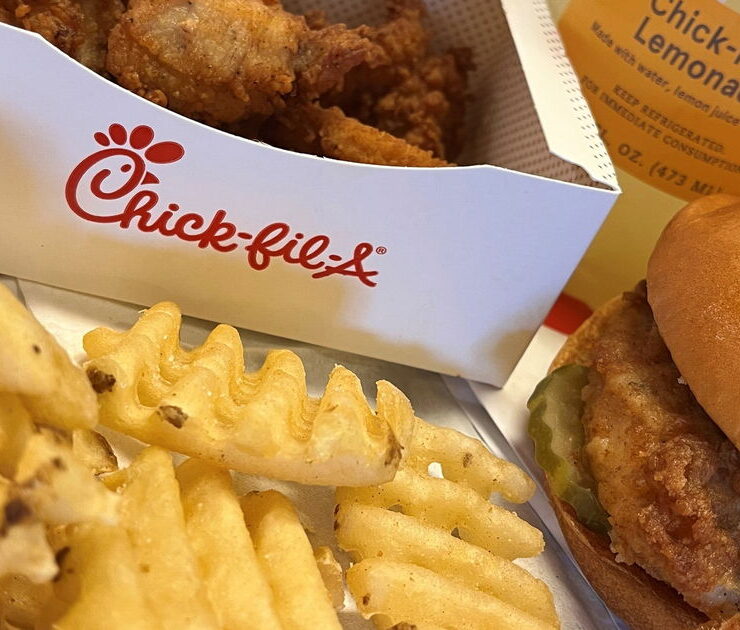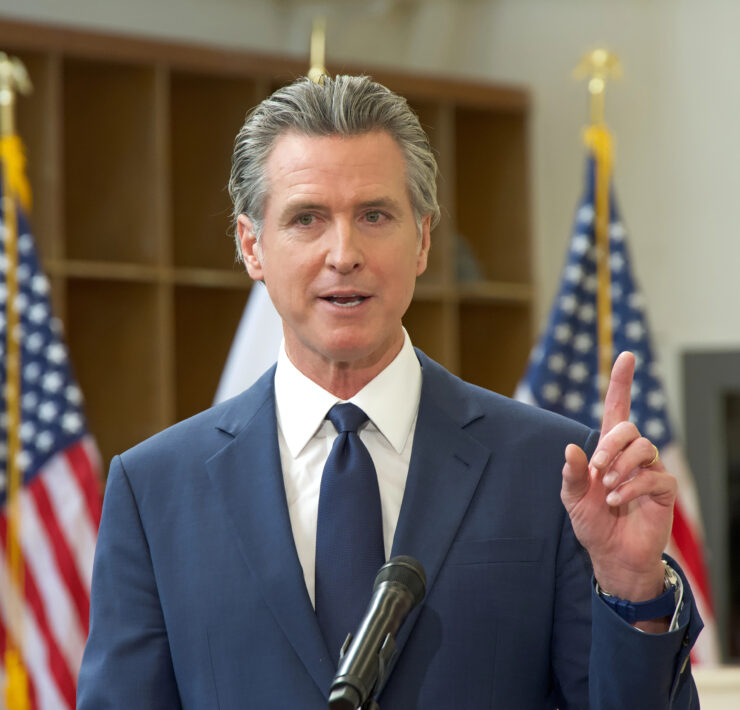Forbidden Love: The International Struggle for LGBTQ Rights

President Joe Biden’s win marks a local victory of peace over war, wisdom over idiocy, leadership over impotence, love over hatred, and acceptance over intolerance. The whole world has been closely watching the dismissal of one of the worst eras in America’s history, during which the demons of racism, sexism, and phobia of LGBTQ people have been resurrected by the leader of the country of freedoms.
The queer communities were on pins and needles while waiting for the election results and the departure of Donald Trump from the White House. Even though Biden’s nondiscriminatory promises and resolutions are mainly focused on the LGBTQ folks inside the U.S., many queers around the globe see him as a savior who might help their cause one way or another in face of their governments which are already on a witch-hunt of their underground communities.
“One man’s meat is another’s poison.”– Titus Lucretius Carus
During the elections, numerous attempts were made by homophobic, transphobic, and biphobic communities to dissuade the U.S. citizens from voting for Biden. In fact, they urged them to vote for Trump to “save” repressive regimes—such as those of the Middle East and North Africa (MENA) region—from the dangers of Biden’s promises of equity and non-discrimination against the queer community.
According to the Human Rights Watch 2020 World Report, the LGBTQ communities in those areas are systematically and brutally hunted, abused, prosecuted, and tortured—sometimes to death—by their own families, authorities, and society. They live in terror while hiding their sexual identities.
In Algeria, mass arrests were made of queer individuals under Article 338 of the 1966 penal code which stipulates up to two years in prison for same-sex conduct. In Morocco, an outing campaign on social media platforms started amid the pandemic by creating fake accounts to set up LGBTQ people. Dozens were humiliated, expelled from their homes, and/or detained under the name of “sexual deviancy,” which is punishable by law for up to three years in prison and a 1000 Dirham fine.
In Tunisia, the police administered anal testing to indict persons suspected of homosexuality for “sodomy” under Article 230 of the penal code, claiming that they are protecting society from such “alien” behavior.
In Lebanon, a country that takes pride in having a secular, accepting, close-knit community, queers are ostracized by society and are condemned under Article 534 for exhibiting behavior that is against the “order of nature.” In spite of struggling with inflation, economic crisis, hunger, and a fierce pandemic spread, LGBTQ folks are excluded from the relief budget sent to poor families. Transgender people, in particular, are exposed to social stigma, isolation, violence, and arbitrary arrests on grounds of violating moral codes, practicing secret prostitution, and propagating debauchery.
In the United Arab Emirates, “unnatural sex” (same-sex intercourse) is illegal. Dubai’s penal code punishes LGBTQ people for up to 10 years in prison, whereas Abu Dhabi’s laws imprison them for up to 14 years. Transgender women are arrested for being disguised in “female apparel,” and they face imprisonment and/or a fine that reaches 10,000 dirhams (2,723 USD).
In Egypt, LGBTQ communities have been living the worst terrorizing time ever since the inauguration of President Sisi (whom Trump once called “my favorite dictator”) in 2014. His government has been tracking down queer people and raiding all places that were low-profile queer-friendly before Sisi’s reign. LGBTQ folks are randomly arrested on streets, entrapped through online dating apps and platforms (via Grindr, Whatsapp, Facebook, etc.), forced to undergo anal and virginity examinations and tortured in prison through beating, sexual assault, and/or electrocution (as in the case of the Egyptian exiled activist Sara Hegazi who tortured in Egypt and took her own life on the 13th of June, 2020, in Canada).
In 2017, Sara was one of many individuals who were captured in the mass arrests of those who attended a Mashrou’ Leila concert after photos of raised rainbow flags went viral on social media. The Lebanese rock group, whose main singer is gay, was later banned from performing in Egypt. In 2018, Khaled Abul-Naga, a famous Egyptian actor and UNICEF goodwill ambassador, is on the wanted list of the Egyptian police after announcing his support of LGBTQ rights on Twitter by stating that denying homosexual rights is as inhumane as racism. In January 2019, a famous, pro-government, anti-LGBTQ rights TV host Mohamed Al-Ghaity was sent to prison after interviewing a gay sex worker on TV.
The charges listed disrespecting religious values, promoting debauchery, and spreading immorality. The government accusations vary from promoting “debauchery, sexual deviance, and abnormality” to joining “a terrorist group” as in the cases of the transgender woman, Malak al-Kashef, and the transgender man, Hossam Ahmed.
Moreover, Egypt censored the Bohemian Rhapsody movie starring Rami Malek (Egyptian-American actor) by removing all scenes that featured gay behavior or words. Strikingly, the Evangelical Association in Egypt announced an eight-week treatment service for people who have “unwanted tendencies” to heal from homosexuality and find God once again.
The photo, which was posted on Twitter by Screen Mix featuring a gay man surrounded by priests with their hands touching or near his head to bless him and “heal” him from this “disease” using biblical verses and prayers, is similar to movie scenes that show the medieval practice of exorcism of an evil spirit or demon out of an innocent soul.
Those examples represent a rather minor yet significant percentage of the horror the LGBTQ communities are facing in the MENA region and in other oppressive countries around the globe. No wonder, then, when hope is reborn with President Biden. They hope the U.S. could find a way to pressure such governments to stop the violence and discrimination. Their dreams are not as big as having pride parades; they just want to live in peace and to be accepted for who they are.



